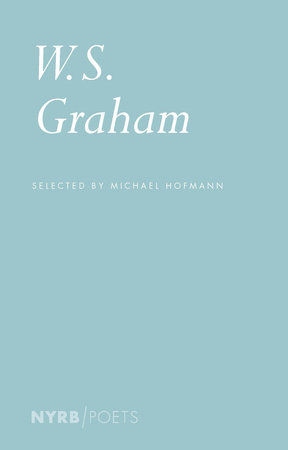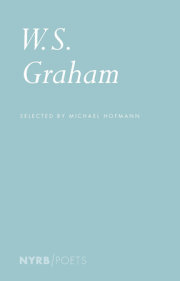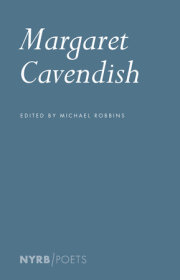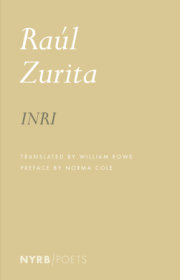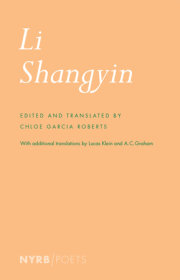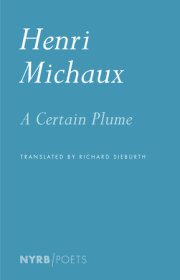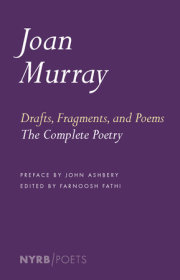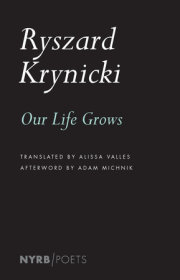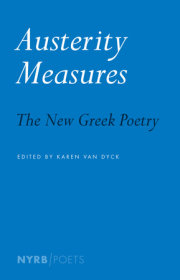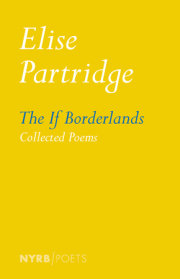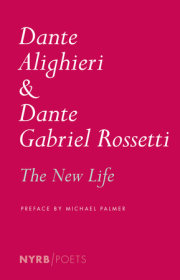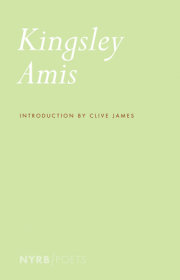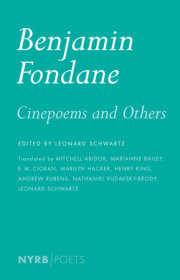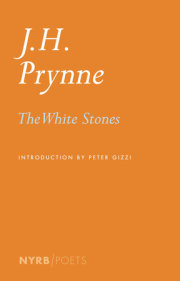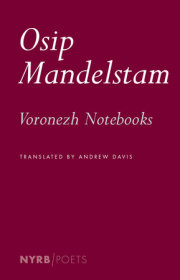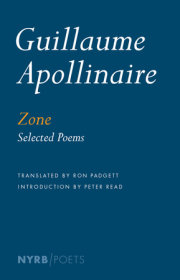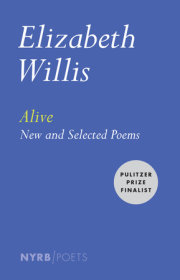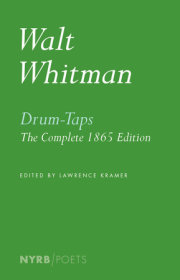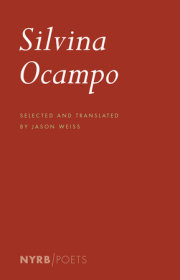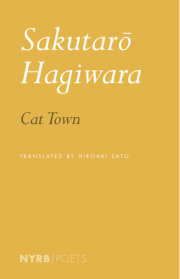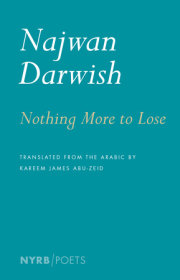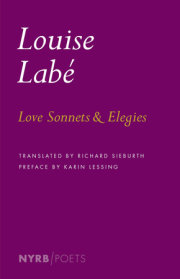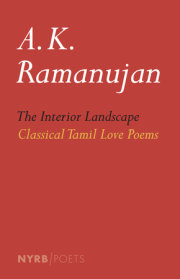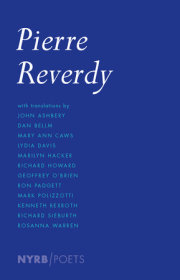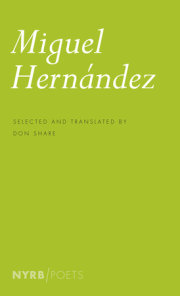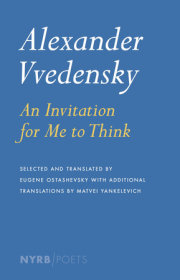William Sydney Graham (1918–1986) was born into a working-class family in Greenock, Scotland, where his father worked as a shipbuilder. Graham studied structural engineering in Glasgow and philosophy and literature at Newbattle Abbey College outside of Edinburgh before publishing his first collection of poetry, Cage Without Grievance, in 1942. In 1947, he received the Rockefeller Foundation’s Atlantic Award for Literature and lectured at New York University for a year. Upon returning to the UK, he lived briefly in London, where he met T. S. Eliot, who accepted Graham’s fourth collection, The White Threshold, for publication by Faber and Faber in 1949. Shortly after, Graham moved to Cornwall where, with Agnes “Nessie” Dunsmuir, whom he married in 1954, he lived in a small village and often in great poverty for the rest of his life. A fifth book of poems, The Nightfishing, appeared in 1955; a sixth, Malcolm Mooney’s Land, in 1970. Aimed at Nobody was published posthumously by Faber and Faber in 1993. In 2018, the centenary of Graham’s birth was marked by the unveiling of a memorial stone outside the Writers’ Museum in Edinburgh.
Michael Hofmann is a German-born, British-educated poet and translator. He is the author of two books of essays and five books of poems, most recently One Lark, One Horse. Among his translations are plays by Bertolt Brecht and Patrick Süskind; the selected poems of Durs Grünbein and Gottfried Benn; and novels and stories by, among others, Franz Kafka; Peter Stamm; his father, Gert Hofmann; and fourteen books by Joseph Roth. He has translated several books for NYRB Classics, including Alfred Döblin’s Berlin Alexanderplatz, Jakob Wassermann’s My Marriage, and Gert Ledig’s Stalin Front and edited The Voyage That Never Ends, an anthology of writing by Malcolm Lowry. He teaches in the English Department at the University of Florida.

